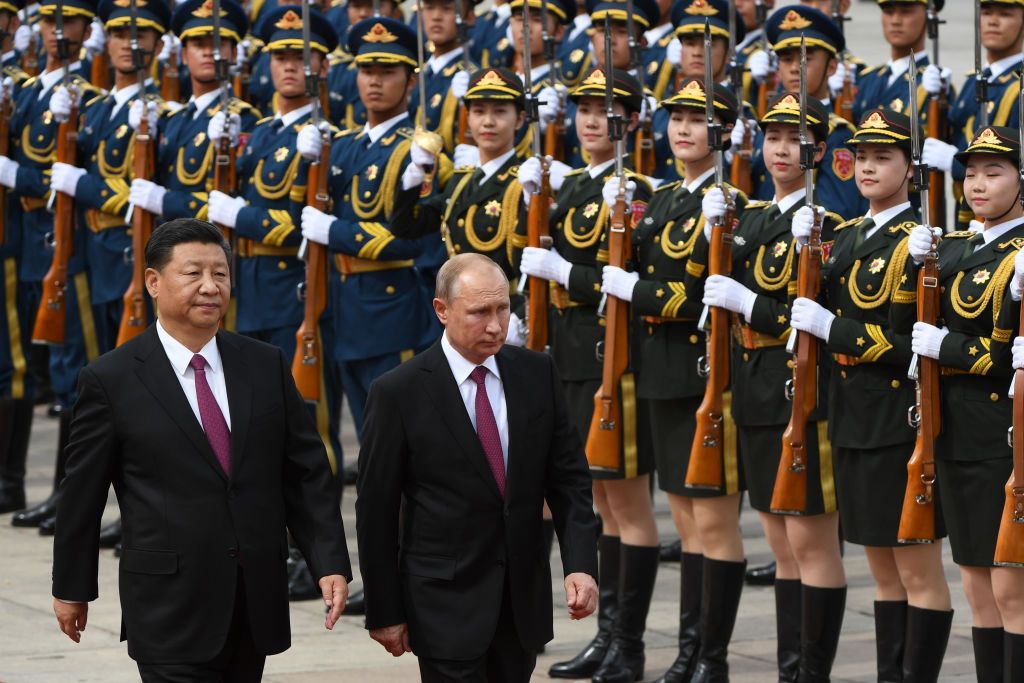Reuters: 13th EU sanctions package against Russia not likely to include new import bans

The upcoming 13th round of EU sanctions against Russia will likely focus on individuals and smaller companies and will not include new import bans, Reuters reported on Feb. 5, citing unnamed diplomats.
The European bloc adopted its latest 12th sanctions package in December 2023, which included a ban on Russian diamonds, a crackdown on Russia's means to acquire military-use goods, tighter controls over the $60-per-barrel oil price cap, and further steps targeting Moscow's revenue stream amid the all-out war.
The European Commission aims to have the 13th sanctions package in place to mark the second anniversary of the full-scale invasion on Feb. 24, Reuters said.
Reuters reported that the package will likely contain mostly non-controversial measures that will cause "minimal debate" so that it can be passed quickly.
Diplomatic sources told Politico in January that the newest round of sanctions would possibly expand import bans on Russian products, including the trade of aluminum, but such measures may have to wait until the following package.
Sources told Reuters that the 14th round of sanctions would likely be in the works shortly after, but that the commission is eager to have something passed by the second anniversary of the full-scale war.
While the contents of the sanctions package have yet to be finalized, some were already disappointed by the lack of new import bans.
According to the disclosures, the 13th sanctions package "is set to be the weakest & most unambitious package to date," said RFE/RL journalist Rikard Jozwiak.













